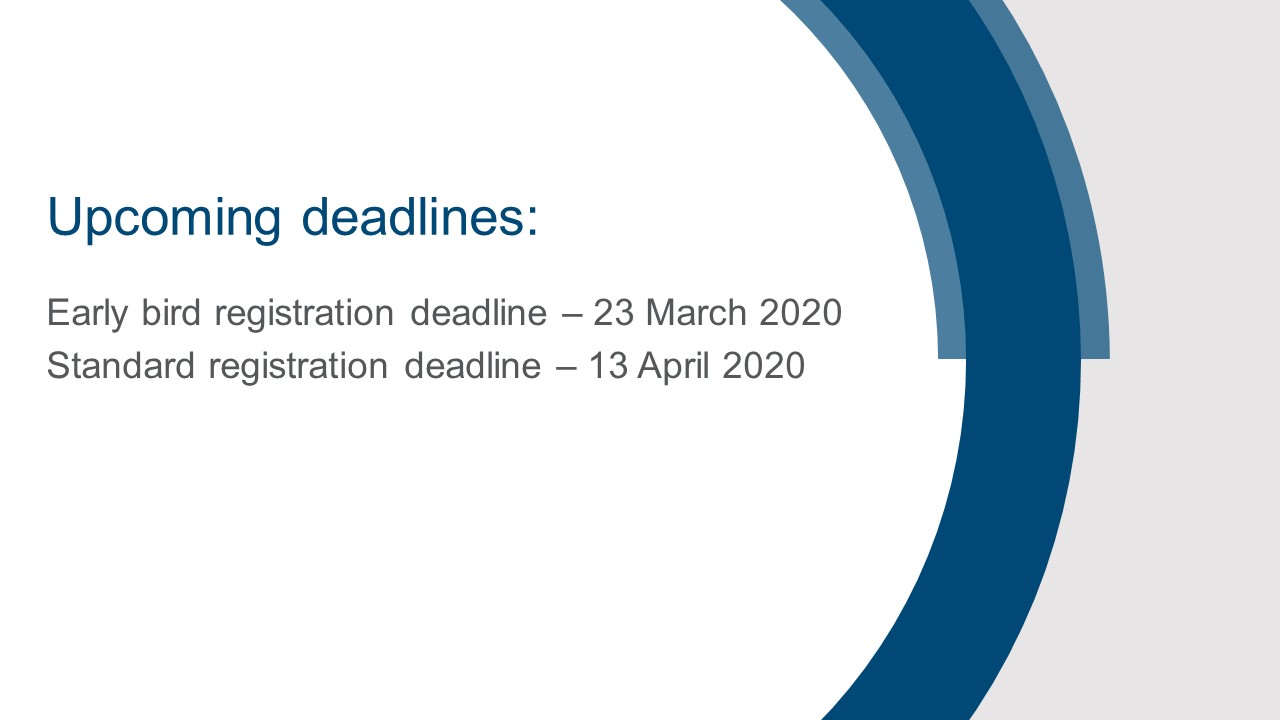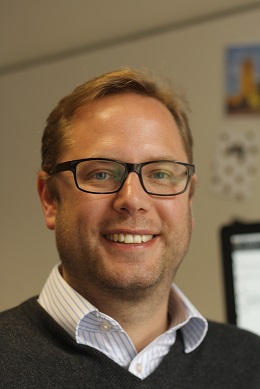 Justin Benesch, University of Oxford, United Kingdom
Justin Benesch, University of Oxford, United Kingdom
Justin’s research has garnered an international reputation for innovative biophysical chemistry approaches based on combining mass measurement with other experimental methods, simulations, and quantitative thermodynamic and kinetic analyses. This has allowed him and his group to change our thinking as to how proteins assemble, interact, and even evolve.
After a degree in Chemistry at the University of Oxford, Justin obtained his PhD from the University of Cambridge for the development and application of novel mass spectrometry approaches. He was awarded fellowships from the Medical Research Council and Royal Society, and appointed to faculty at the University of Oxford in 2012 as an Associate Professor in Biophysical Chemistry, and Tutorial Fellow in Physical Chemistry at University College. Justin has been recognised by the Cell Stress Society International with the Alfred Tissières Award, the Howard Prize Lecture from the Biophysical Sciences Institute at Durham, and the Norman Heatley Award from the Royal Society of Chemistry in 2019.
His group’s research impacts broadly the interface between chemistry and the life sciences. Their insights have been important to understanding molecular chaperone (mal)function in humans, and the stress tolerance of plants; and their innovations in mass measurement approaches have provided new means for researchers to quantify biomolecules and their interactions.
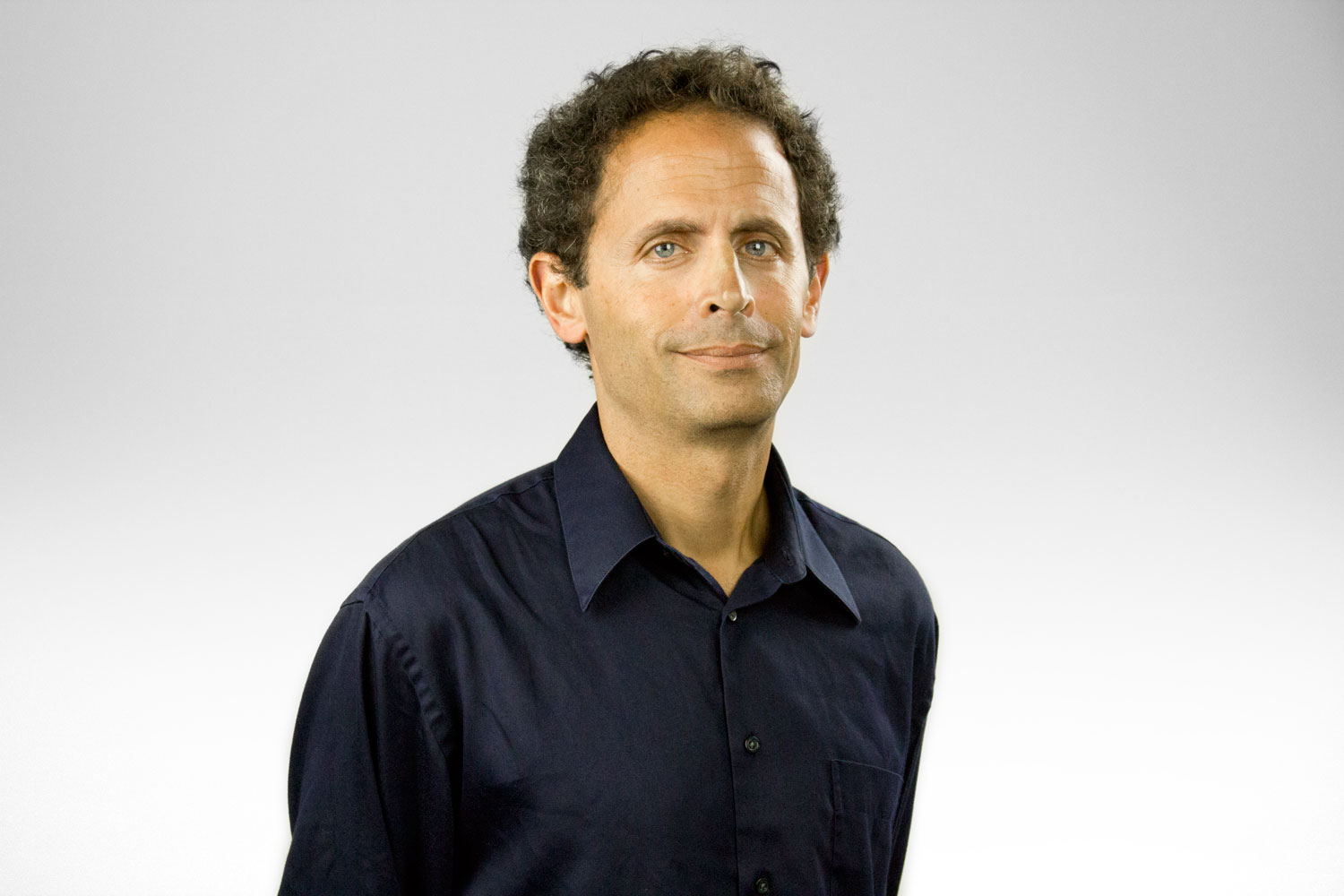 Benjamin Cravatt, The Scripps Research Institute, United States
Benjamin Cravatt, The Scripps Research Institute, United States
Dr. Cravatt is a Professor and the Norton B. Gilula Chair of Chemical Biology in the Department of Chemistry at The Scripps Research Institute. His research group is interested in developing chemical proteomic technologies that enable protein and drug discovery on a global scale and applying these methods to characterize proteins that play important roles in human physiology and disease, especially as pertains to the nervous system and cancer. Dr. Cravatt obtained his undergraduate education at Stanford University, receiving a B.S. in the Biological Sciences and a B.A. in History. He then received a Ph.D. from The Scripps Research Institute (TSRI) in 1996. Professor Cravatt joined the faculty at TSRI in 1997. Dr. Cravatt is an Associate Editor for JACS and is a co-founder of Activx Biosciences, Abide Therapeutics, and Vividion Therapeutics. His honors include a Searle Scholar Award, the Eli Lilly Award in Biological Chemistry, a Cope Scholar Award, the Protein Society Irving Sigal Young Investigator Award, the Tetrahedron Young Investigator Award in Bioorganic and Medicinal Chemistry, the ASBMB Merck Award, and memberships in the American Academy of Arts and Sciences, National Academy of Medicine, and National Academy of Sciences.
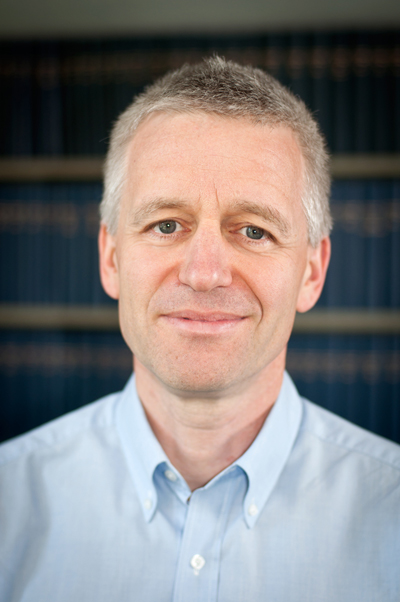 Kai Johnsson, Max Planck Institute for Medical Research, Germany
Kai Johnsson, Max Planck Institute for Medical Research, Germany
Kai Johnsson is Director at the Max Planck Institute for Medical Research, Department of Chemical Biology, since 2017 and Professor at the Institute of Chemical Sciences and Engineering of the École Polytechnique Fédérale de Lausanne (EPFL). His current research interests focus on the development of chemical approaches to visualize and manipulate biochemical activities in living cells. His past achievements include the introduction of methods to specifically label proteins in living cells (i.e. SNAP-tag and CLIP-tag), the development of new fluorescent probes and sensors as well as studies on the mechanism of action of drugs and drug candidates.
Kai Johnsson obtained his Diploma and PhD from the ETH Zürich in Switzerland. He joined the faculty of EPFL in 1999. Kai Johnsson is Associate Editor of ACS Chemical Biology since 2005. He is member of the Editorial Advisory Board of Science and of the Research Council of the Swiss National Science Foundation. He received the Prix APLE for the invention of the year 2003 of EPFL, the Novartis Lectureship Award 2012/13, the Karl-Heinz Beckurts Prize 2016 and is elected member of EMBO.
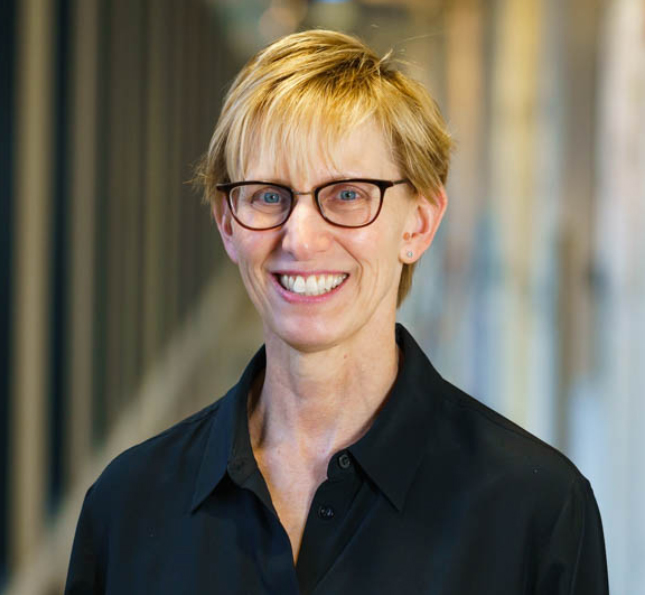 Laura Kiessling, Massachusetts Institute of Technology, United States
Laura Kiessling, Massachusetts Institute of Technology, United States
Laura Kiessling is an institute member of the Broad Institute of MIT and Harvard, and the Novartis Professor of Chemistry at MIT. Her interdisciplinary research interests focus on elucidating and exploiting the mechanisms of cell surface recognition processes, especially those involving protein-glycan interactions. She and her lab also maintain an interest in multivalency and its role in recognition, signal transduction, and direction of cell fate.
Kiessling is a Fellow of the American Association for the Advancement of Science, and a Member of the American Academy of Microbiology, the Wisconsin Academy of the Arts and Sciences, the American Philosophical Society, and the National Academy of Sciences. Since 2005 she has served as the founding Editor-In-Chief of the journal ACS Chemical Biology. She is an author of over 140 peer-reviewed journal articles, and an inventor on more than 28 US patents. She is a member of the Research Advisory Board of GlaxoSmithKline, the Yale University Council, and the Council of the National Academy of Sciences. Her honors and awards include a MacArthur Foundation Fellowship, a Guggenheim Fellowship, the ACS Gibbs Medal, and, most recently, the Tetrahedron Prize.
Professor Kiessling received an Sc.B. degree in chemistry from the Massachusetts Institute of Technology, where she performed undergraduate research in organic synthesis with Professor Bill Roush. She received her Ph.D. in chemistry at Yale University for her research with Stuart L. Schreiber. After two years at the California Institute of Technology as an American Cancer Society Postdoctoral Fellow with Peter B Dervan, she joined the faculty of the University of Wisconsin, Madison in 1991. There she became the Steenbock Professor of Chemistry, the Laurens Anderson Professor of Biochemistry, and the Director of the Keck Center for Chemical Genomics. In 2017, she returned to MIT as the Novartis Professor of Chemistry.
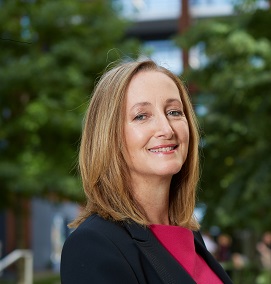 Fiona Marshall, MSD, United Kingdom
Fiona Marshall, MSD, United Kingdom
Fiona is VP at MSD where she is Head of Neuroscience Discovery and Head of the new Discovery Research Centre in London which is focused on research into diseases of ageing. Previously Fiona was Chief scientific officer at SoseiHeptares. Fiona was a founder of Heptares Therapeutics a highly successful UK Biotech company focussed on structure- based drug design. Fiona is most well known for her work in the field of G protein-coupled receptors. Whilst at GSK her team was responsible for the identification of the heterodimerization of the GABAB receptor, and the cloning of the RAMP/CGRP receptors, the HCA2 receptor and the free fatty acid receptors FFA2 and FFA3. Whilst at Heptares her team solved the X-ray structures of over 15 different GPCRs including the first structures of Class B and Class C receptors. Fiona won the 2012 WISE Women of Outstanding Achievement for Innovation and Entrepreneurship and the 2015 RSC Malcolm Campbell Award for chemistry. She is a Fellow of the Academy of Medical Sciences, Honorary Fellow of the British Pharmacological Society and Honorary Fellow of the Royal Society of Chemistry.
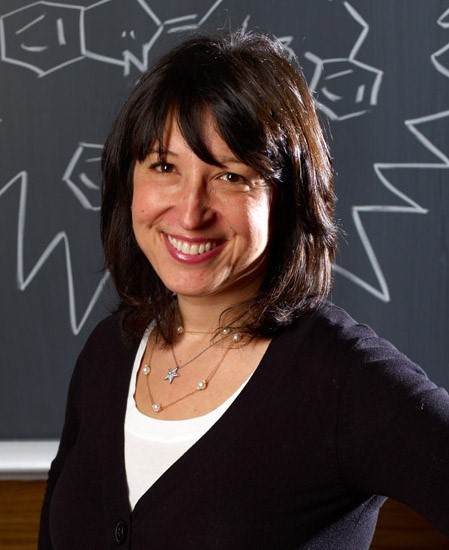 Alanna Schepartz, UC Berkeley, United States
Alanna Schepartz, UC Berkeley, United States
Alanna Schepartz is the C.Z. and Irmgard Chu Distinguished Chair in the departments of Chemistry and Molecular and Cell Biology at the University of California, Berkeley. Her research group studies the chemistry and biology of complex cellular machines and exploits this knowledge to design or discover molecules–both small and large–with unique or useful properties. Dr. Schepartz obtained her undergraduate education in chemistry at the State University of New York, Albany. She earned a Ph.D. from Columbia University under the direction of Ronald Breslow, and spent two years as an NIH Postdoctoral Fellow at Caltech working with Peter Dervan. Professor Schepartz joined the faculty at Yale in 1988 and was named a Sterling Professor, Yale’s highest honor, in 2017. In 2019 Professor Schepartz and her laboratory moved to the University of California, Berkeley. Her honors include a Packard Fellowship in Science and Engineering, an NSF Presidential Young Investigator Award, the Eli Lilly Award in Biological Chemistry, an ACS Cope Scholar Award, the ACS Chemical Biology Prize,
the Ralph F. Hirschmann Award in Peptide Chemistry, the Ronald Breslow Award for Achievement in Biomimetic Chemistry, the Frank H. Westheimer Prize, and the Wheland Medal. She is a member of the American Academy of Arts and Sciences and the National Academy of Sciences.
